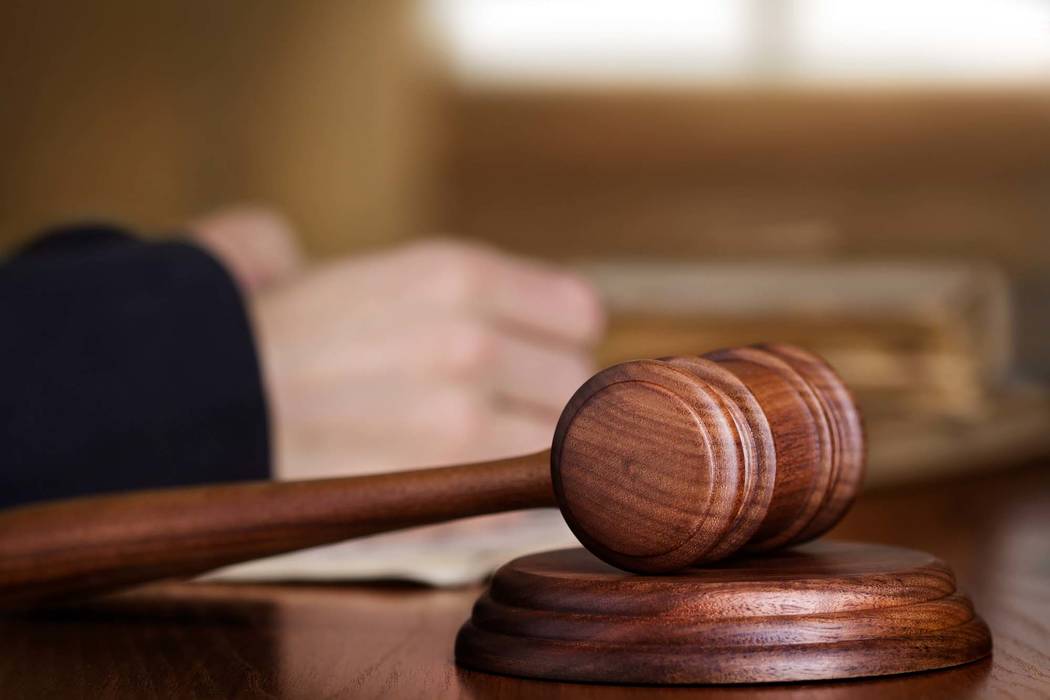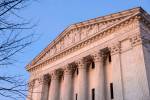EDITORIAL: Clarence Thomas and judicial power
As states and gaming companies ponder their next moves in the wake of the U.S. Supreme Court’s decision on sports betting, it’s worth examining Justice Clarence Thomas’ six-page opinion in the case. His concurrence again highlights why he is liberty’s best friend on the high court.
First, Justice Thomas takes on the presumption offered by Justice Ruth Bader Ginsburg in dissent that the Constitution’s commerce clause bestows Congress with the “power to regulate gambling on a nationwide basis,” even sports betting that does not cross state lines. An overly expansive interpretation of the commerce clause has been used for decades to justify the ever-burgeoning federal regulatory state and to free Washington from virtually any constitutional restriction in pursuit of a progressive utopia. The nation is less free because of it. Justice Thomas’ willingness to confront this elastic reading of the commerce clause is necessary and welcome.
Second, Justice Thomas tackles the issue of “severability,” under which the courts determine which parts of a statute may survive if other parts are ruled unconstitutional. He quite correctly recognizes that this raises serious separation-of-powers concerns because it requires the justices to essentially act as lawmakers and rewrite legislation to “remedy” constitutional violations.
In other words, Justice Thomas is suggesting that, rather than try to salvage statutes that have been found to be unconstitutional in part, the courts should simply toss them out and let lawmakers determine how to proceed. He recognizes that judges are not empowered to write the law. “Our modern severability precedents are in tension with longstanding limits on the judicial power,” he notes.
Justice Thomas is inviting a case that would require the court to reconsider those precedents. Let’s hope somebody quickly takes him up on the offer.




























